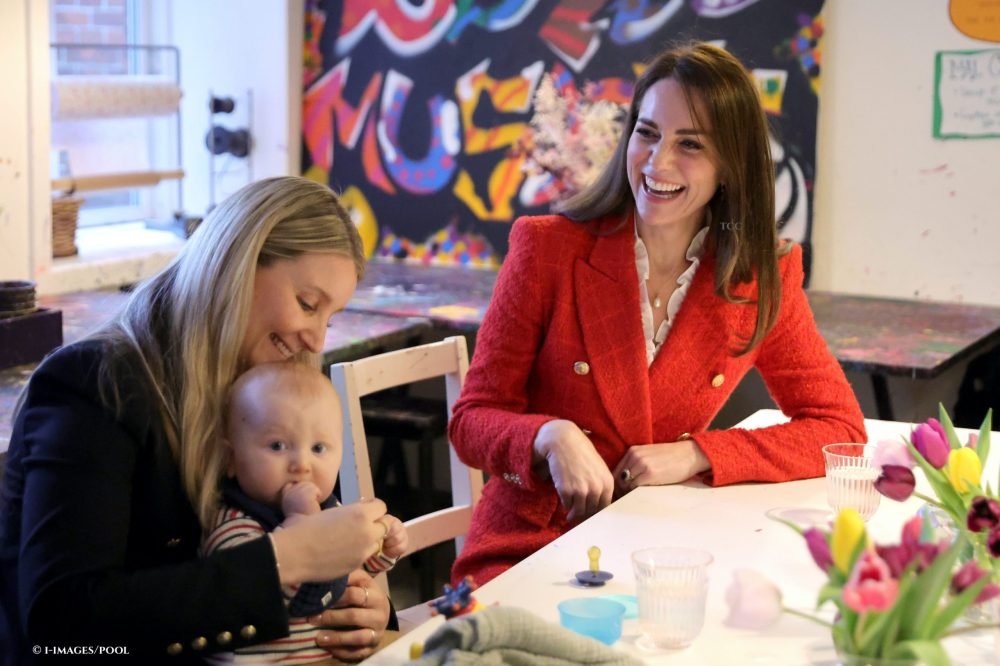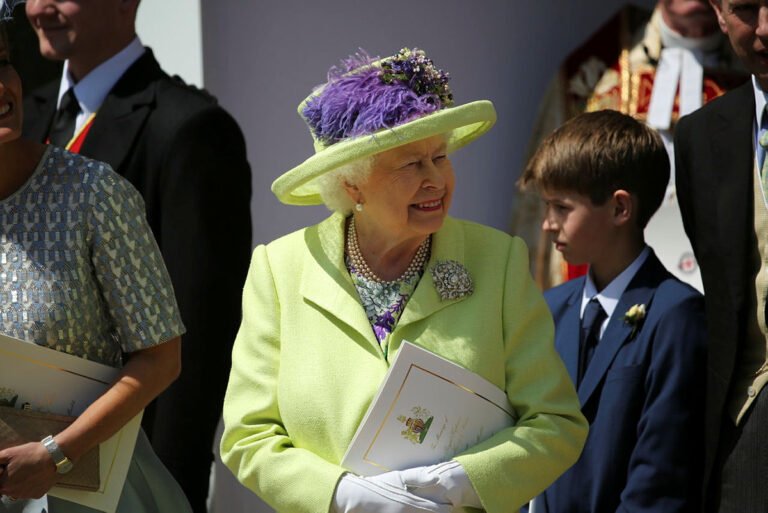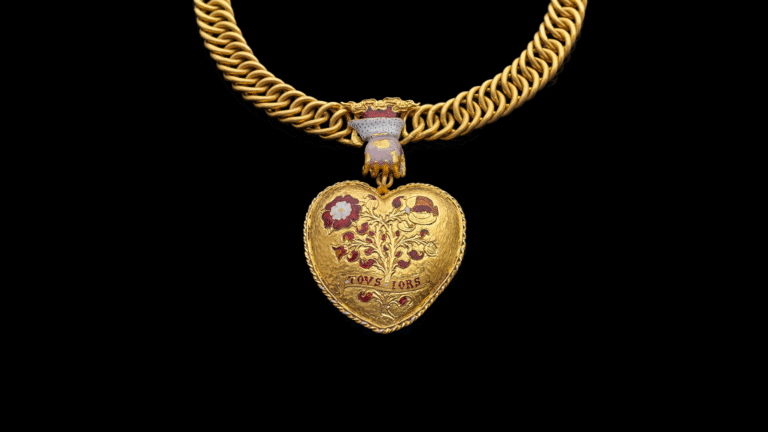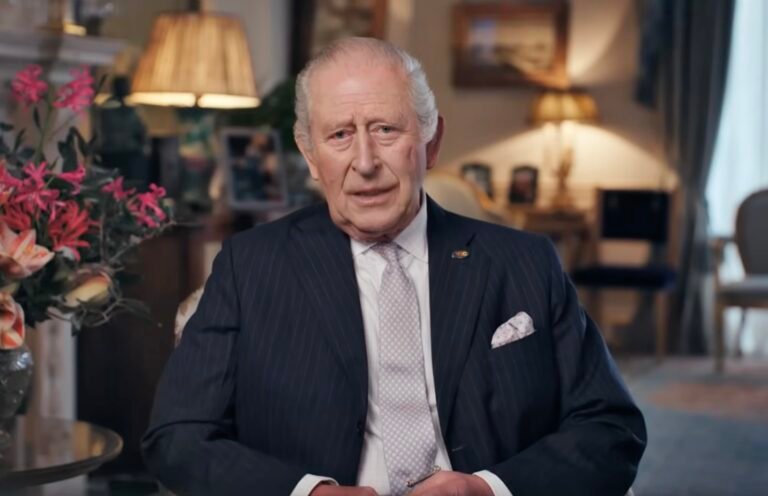While undergoing treatment for cancer, the Princess of Wales has remained actively engaged in her early years work through The Centre for Early Childhood.
The Foundation, in partnership with the Institute of Health Visiting, recently announced the expansion of a trial using a tool designed to promote infant wellbeing during routine health visitor checks. The tool, known internationally as the Alarm Distress Baby Scale (ADBB), will now be trialed in eight new sites across the UK in 2024.

The ADBB tool assesses key social behaviours in babies — such as eye contact, facial expressions, vocalisations, and activity levels — to help practitioners and families better understand how babies express their emotions. Supporting babies at this critical stage of brain development, when neural growth is at its peak, can have lifelong positive effects.
A spokesperson for the Princess of Wales said that ‘the work of the Centre for Early Childhood continues to shine a light on just how important the first five years of life are for any baby and the role we can all play. The Princess is delighted to see the expansion of the ADBB trial and looks forward to following it closely’.

The Princess observed the ADBB tool in action during a visit to Denmark in 2022, where she met with health visitors using it in practice. Since then, the Foundation has collaborated with the Institute of Health Visiting and Oxford University to trial the tool in the UK. In June 2023, Catherine met health visitors taking part in the initial phase of ADBB tool, where she also visited a drop-in clinic to hear from families about the impact of the support they are receiving from their health visitors.
The initial trial phase, conducted with health visitors at South Warwickshire NHS Foundation Trust and Humber Teaching NHS Foundation Trust, demonstrated the tool’s ability to facilitate meaningful conversations with parents about their baby’s emotional wellbeing.
The second phase of the trial, supported by a £210,000 grant from the Centre for Early Childhood, will run until March 2026. This phase will evaluate the tool’s impact on infant wellbeing and how it is experienced by parents. The trial aims to determine whether the tool enables health visitors to identify concerns earlier, resulting in more babies receiving the support they need.
Health visitors are the vital link between families, hospitals and through to the education system – the role they play in #ShapingUs is critical.
▶️ Watch the full film: https://t.co/dJ6XvMIWwe pic.twitter.com/I2ydAQMdi5
— The Prince and Princess of Wales (@KensingtonRoyal) June 16, 2023
Christian Guy, Executive Director of The Centre for Early Childhood, highlighted the importance of early interactions, stating: “Warm, loving, and responsive interactions during the first weeks and months of life are crucial for promoting positive brain development. Health visitors play a vital role in our communities, and I’m delighted that more teams across the UK will now receive the tools and support they need to help families understand and nurture their babies, laying the strongest foundations for the future.”
Alison Morton, Chief Executive of the Institute of Health Visiting, added: “While babies can’t talk, research shows their early experiences profoundly influence future outcomes. Expanding the use of the modified ADBB tool will help us explore its potential for wider implementation, ensuring more families receive the right support and every baby has the chance to thrive.”








